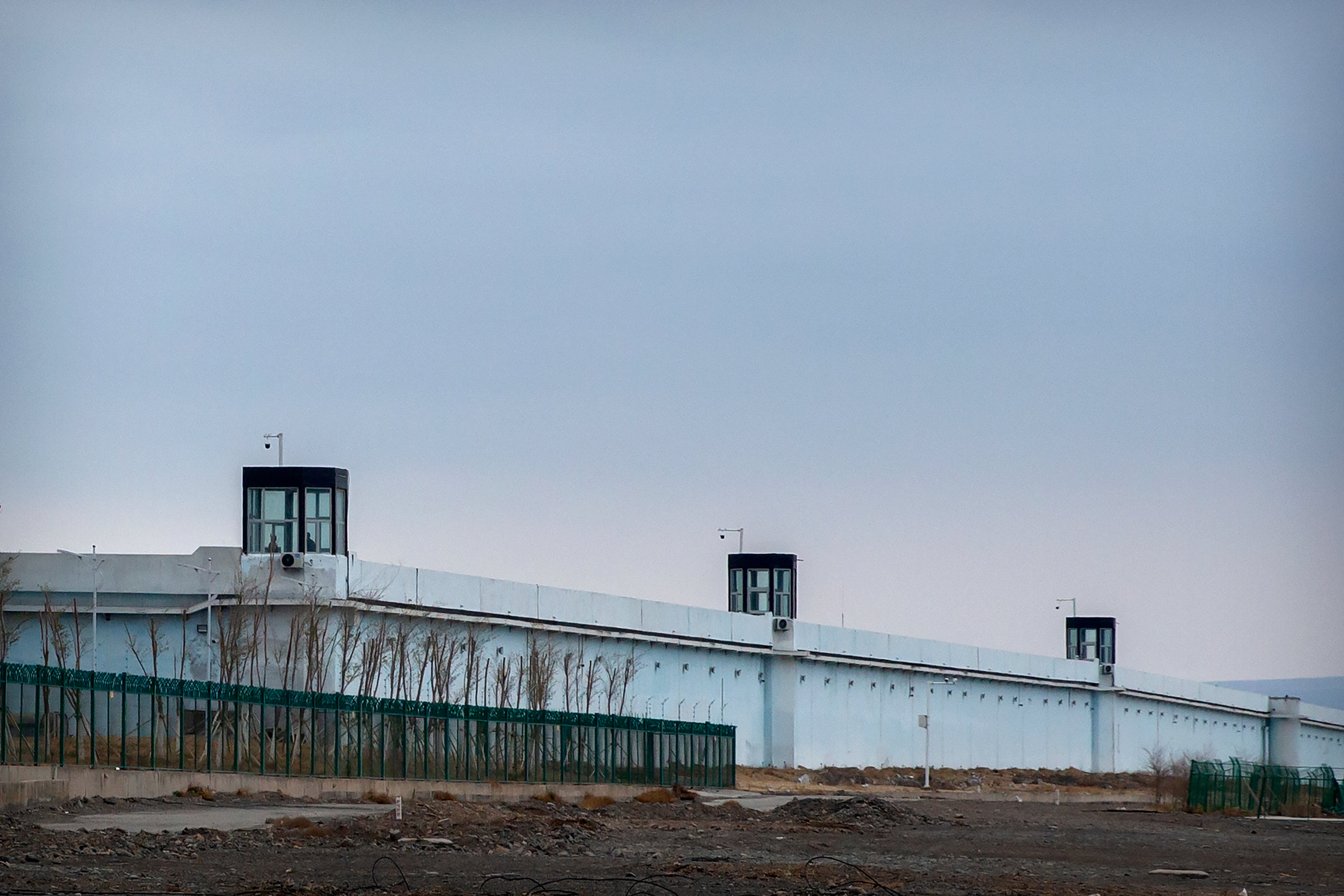UN cites possible crimes against humanity in China’s Xinjiang
A long-awaited report from the U.N. human rights office says China’s discriminatory detention of Uyghurs and other mostly Muslim ethnic groups in the western region of Xinjiang may constitute crimes against humanity

Your support helps us to tell the story
From reproductive rights to climate change to Big Tech, The Independent is on the ground when the story is developing. Whether it's investigating the financials of Elon Musk's pro-Trump PAC or producing our latest documentary, 'The A Word', which shines a light on the American women fighting for reproductive rights, we know how important it is to parse out the facts from the messaging.
At such a critical moment in US history, we need reporters on the ground. Your donation allows us to keep sending journalists to speak to both sides of the story.
The Independent is trusted by Americans across the entire political spectrum. And unlike many other quality news outlets, we choose not to lock Americans out of our reporting and analysis with paywalls. We believe quality journalism should be available to everyone, paid for by those who can afford it.
Your support makes all the difference.China's discriminatory detention of Uyghurs and other mostly Muslim ethnic groups in the western region of Xinjiang may constitute crimes against humanity, the U.N. human rights office said in a long-awaited report released Wednesday.
The report calls for an urgent international response over allegations of torture and other rights violations in Beijing's campaign to root out terrorism.
U.N. human rights chief Michelle Bachelet brushed aside Chinaese calls for office to withhold the report, which follows her own trip to Xinjiang in May and which Beijing's contends is part of a Western campaign to smear China's reputation.
The report has fanned a tug-of-war for diplomatic influence with the West over the rights of the region’s native Uyghurs and other predominantly Muslim ethnic groups.
The report, which Western diplomats and U.N. officials said had been all but ready for months, was published with just minutes to go in Bachelet's four-year term. It was unexpected to break significant new ground beyond sweeping findings from independent advocacy groups and journalists who have documented concerns about human rights in Xinjiang for years.
But Bachelet’s report comes with the imprimatur of the United Nations, and the member states that make it up. The run-up to its release fueled a debate over China’s influence at the world body and epitomized the on-and-off diplomatic chill between Beijing and the West over human rights, among other sore spots.
Hours before the release, China’s U.N. ambassador, Zhang Jun, said Beijing remained “firmly opposed” to the release.
“We haven’t seen this report yet, but we are completely opposed to such a report, we do not think it will produce any good to anyone,” Zhang told reporters outside the Security Council. ”We have made it very clear to the high commissioner and in a number of other occasions that we are firmly opposed to such a report.”
“We all know so well that the so-called Xinjiang issue is a completely fabricated lie out of political motivations, and its purpose is definitely to undermine China’s stability and to obstruct China’s development,” he added.
Bachelet said in recent months that she received pressure from both sides to publish — or not publish — the report and resisted it all, treading a fine line all the while noting her experience with political squeeze during her two terms as president of Chile.
In June, Bachelet said she would not seek a new term as rights chief, and promised the report would be released by her departure date on Aug. 31. That led to a swell in back-channel campaigns — including letters from civil society, civilians and governments on both sides of the issue. She hinted last week her office might miss her deadline, saying it was “trying” to release it before her exit.
Bachelet had set her sights on Xinjiang upon taking office in September 2018, but Western diplomats voiced concerns in private that over her term, she did not challenge China enough when other rights monitors had cited abuses against Muslim Uyghurs and others in Xinjiang.
In the past five years, the Chinese government’s mass detention campaign in Xinjiang swept an estimated million Uyghurs and other ethnic groups into a network of prisons and camps, which Beijing called “training centers” but former detainees described as brutal detention centers.
Beijing has since closed many of the camps, but hundreds of thousands continue to languish in prison on vague, secret charges.
Some countries, including the United States, have accused Beijing of committing genocide in Xinjiang.
___
Lederer reported from the United Nations.